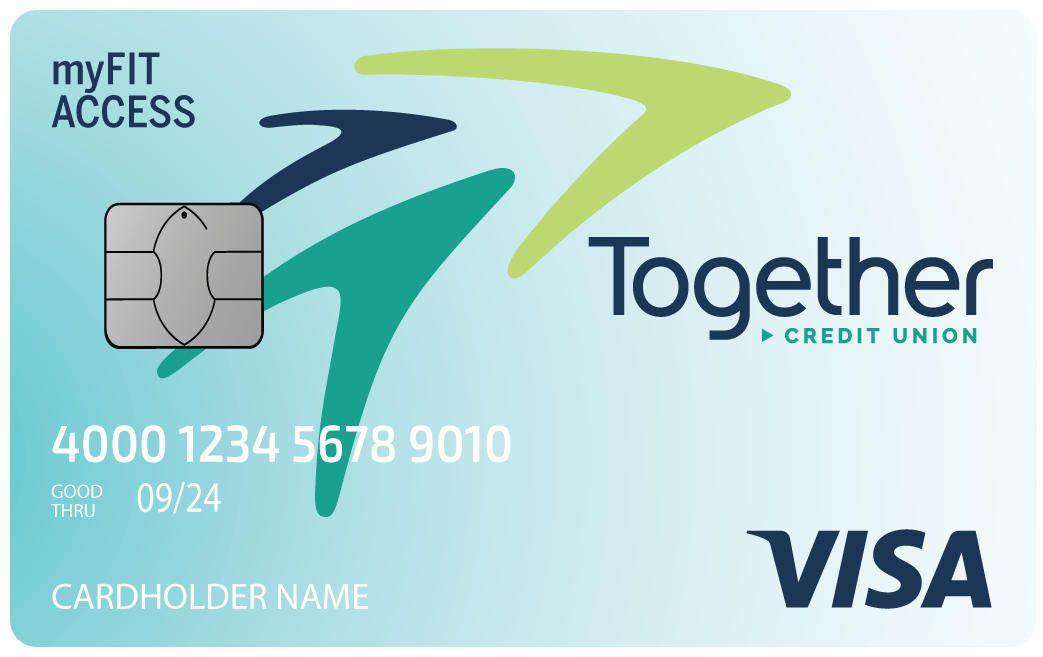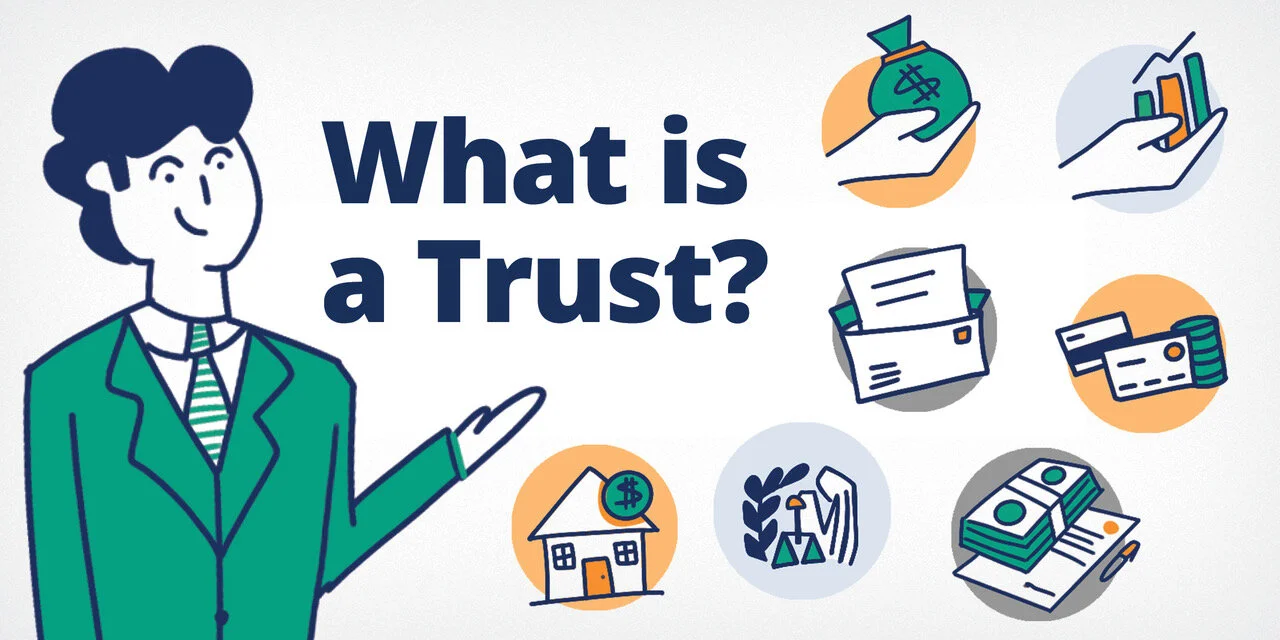Personal Finance Tips: 3 Types of Cards and How They Can Work for You
You don't need a degree in finance to be money smart. And in today's world, that means using some type of card to track your spending. Not only is it more convenient than cash, it allows you to keep better track of your money and where it's going - in real-time.
If you have an income and you've been thinking about using a card instead of cash to pay for purchases, take a few minutes to consider your options:
1.Debit Cards
A bank-issued debit card is linked to a checking account at a financial institution. The amount available for purchases with the card is equal to your checking account balance. There's no credit check needed, and the card can be used at most retailers.
Some cards, like the Visa® Debit Card, allow you to earn cash back when shopping in-store, online, or by phone. You can even withdraw cash at a nearby ATM. While debit cards have many of the conveniences of credit cards, they come with no annual fees, interest charges, or late payment fees since there's no money to repay.
2. Prepaid Debit Cards
Prepaid debit cards require no credit check and are typically associated with a major credit card processor or a specific retailer. Depending on where you buy the card, you can use cash, a check, or a major credit card to add funds to the card. The amount available for purchases is equal to the amount you have loaded onto the card. You can add more money to the card, or reload it, as your balance decreases.
A prepaid debit card, like the MyFit Visa®, can be used wherever same named cards are used. This means that you can use it anywhere that accepts Visa credit cards. Similar to debit cards, there are no annual fees, interest charges, or late payment fees.
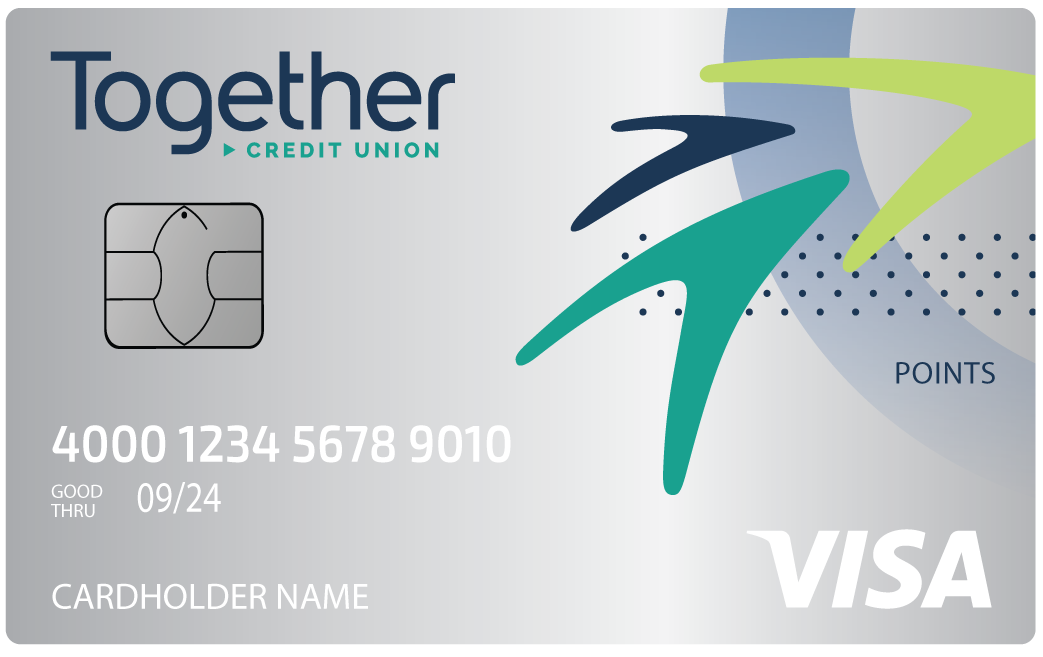
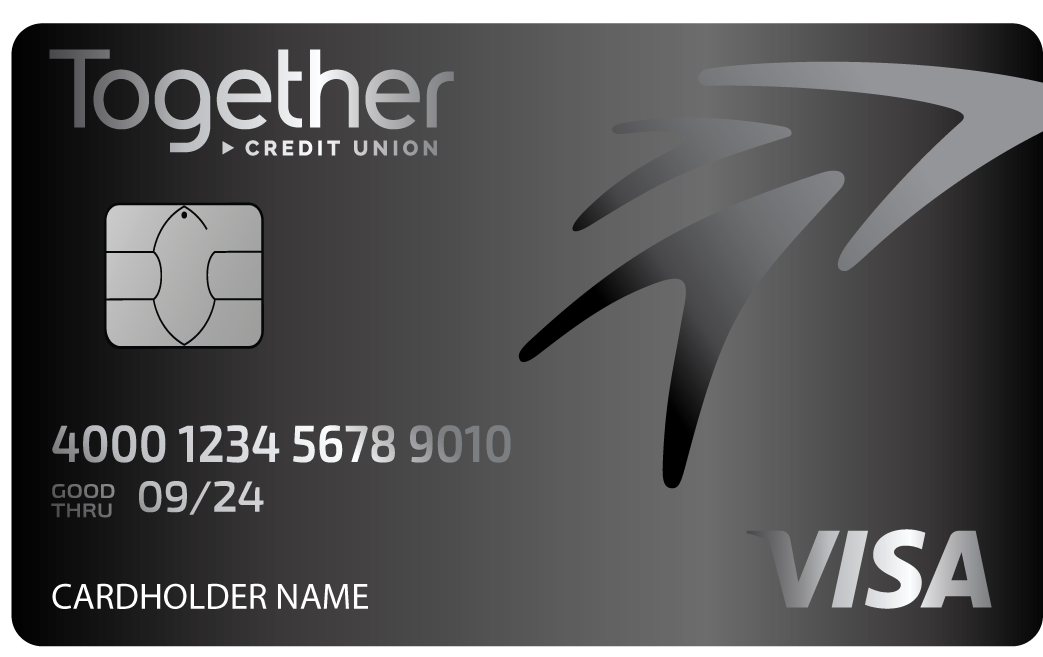
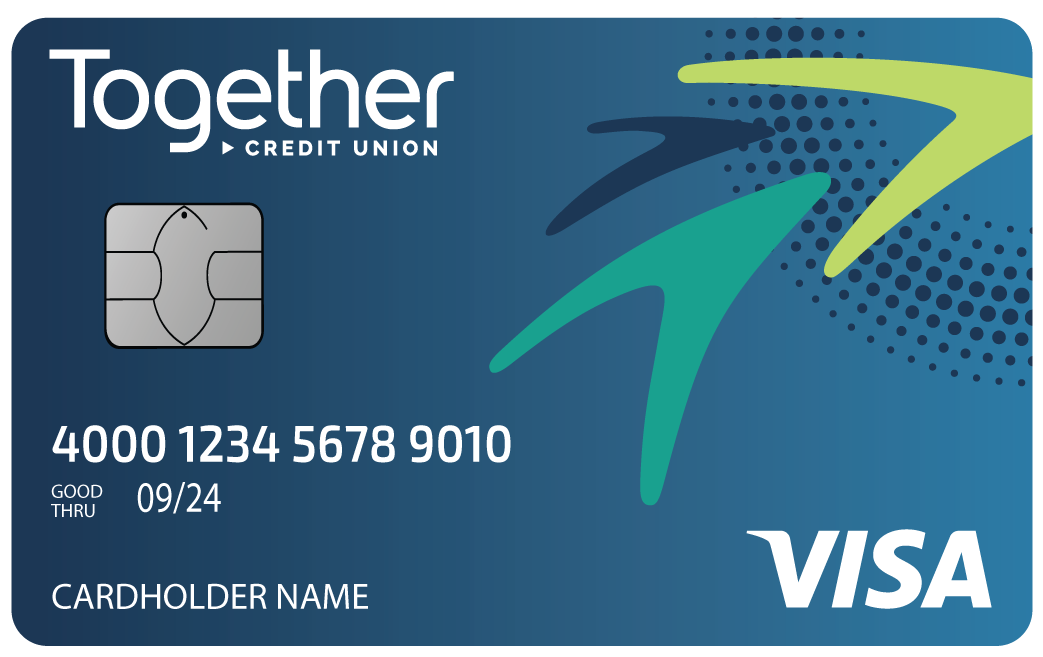
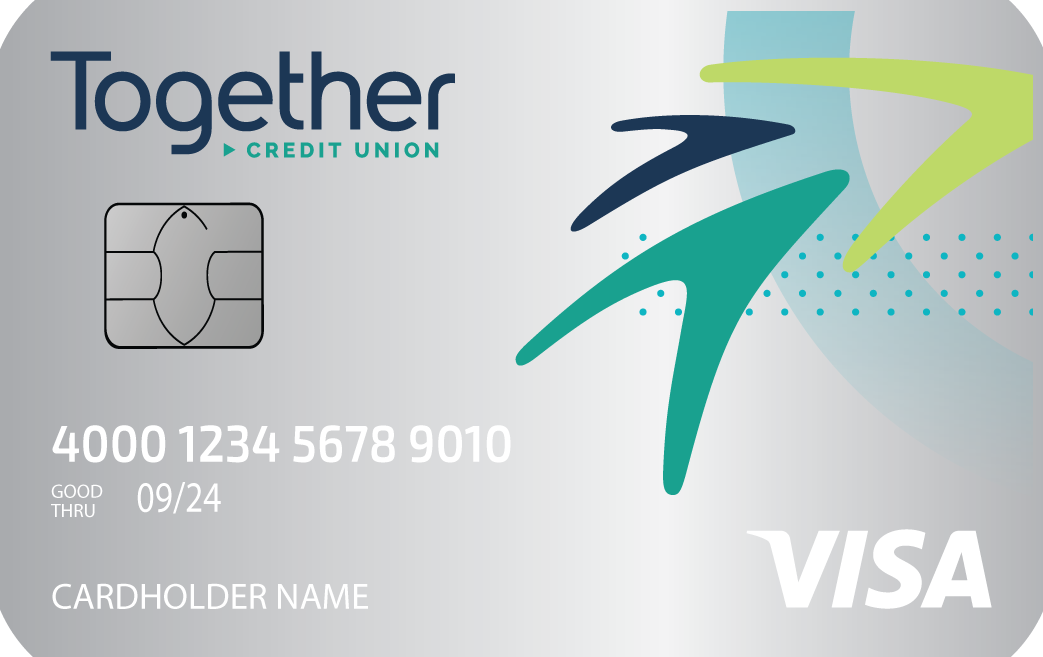
3. Credit Cards
Major credit cards, like Visa® options, offer another way to pay for purchases. Since credit cards are basically loans that must be repaid with interest, getting one typically requires credit approval and proof of income.
Unlike debit and prepaid cards, the lender gives you a preset credit limit at the time of approval. Also, you have to pay interest on the credit you use, unless you pay your card in full within a certain time (terms are provided by the issuer). Some credit cards may charge annual fees or offer cash back rewards for purchases.
Credit card activity is usually reported to at least one major credit reporting bureau: Equifax, Experian, or TransUnion. Lenders, landlords, and some employers may use the data in your credit report to determine how responsible you are with money.
Which Card is Best? Debit, Prepaid, or Credit?
Your short-term financial goals will help determine the answer to this question. Since you can use debit, prepaid, and credit cards for purchases wherever the card is accepted, consider your lifestyle, budget, and spending personality. Each card can help you stick to a spending plan while offering built-in restraints.
Debit cards are limited by the amount of money in your checking account and can help you more easily live within your means.
Prepaid cards are limited by the amount you load onto the card and are great for individuals who overspend in specific categories, like eating out or entertainment.
Credit cards have a limit set by the card issuer. Unlike debit and prepaid cards, they can help build your credit.
Whatever your goals are, we’ve got your back.
The best card for you will depend on your specific situation and money goals. Visit our Checking Account and Credit Card pages for more information. Questions? You can schedule an appointment to visit a branch in-person or request a phone call consultation.


